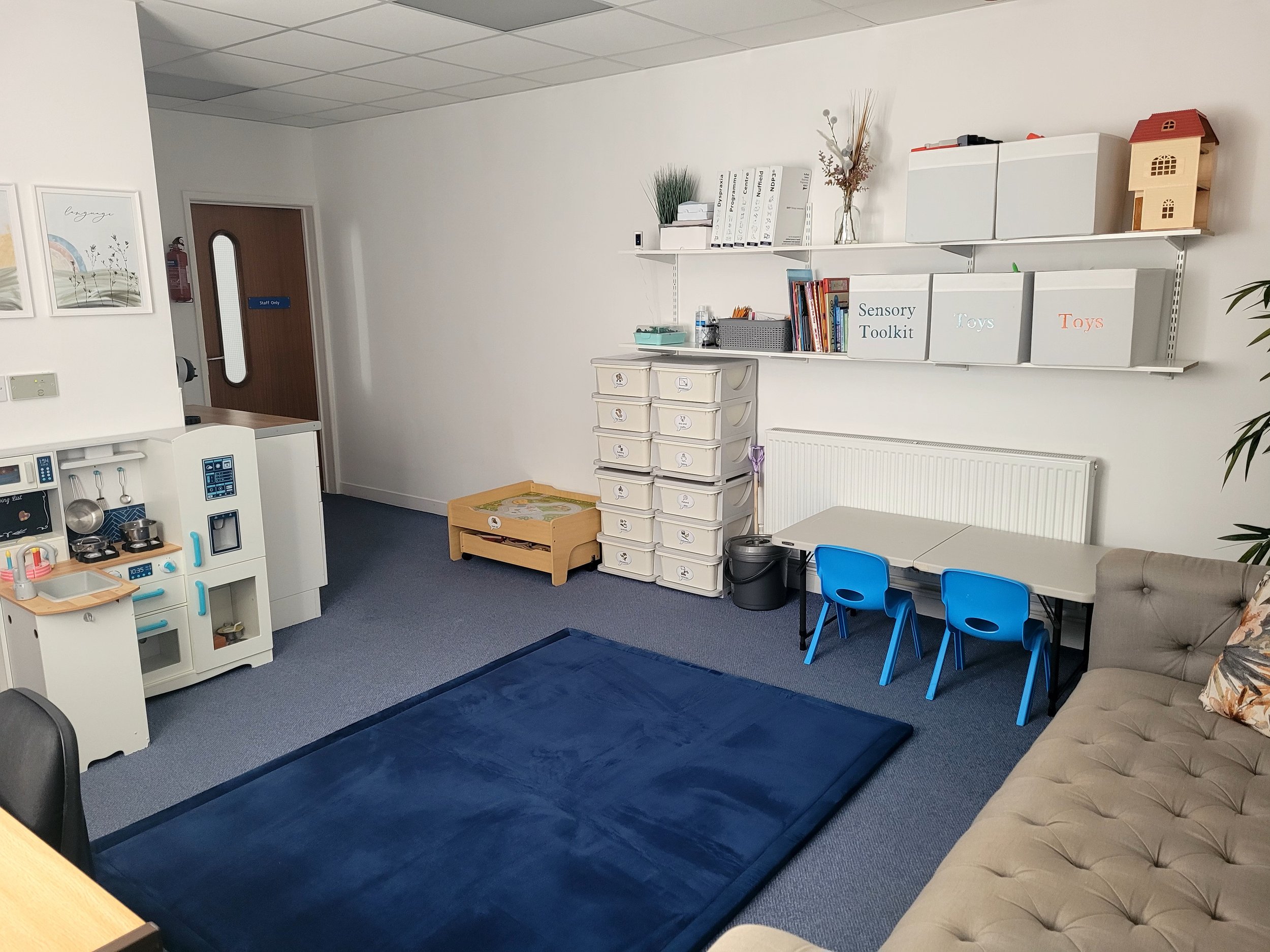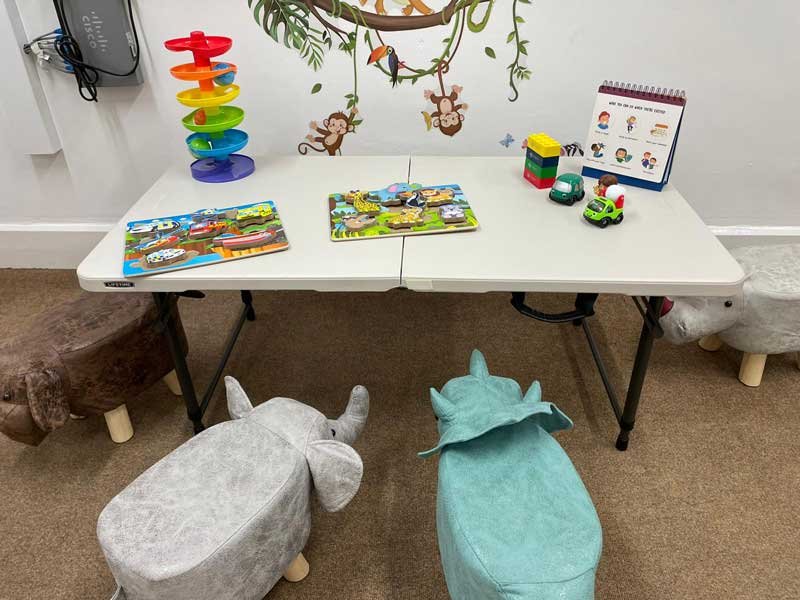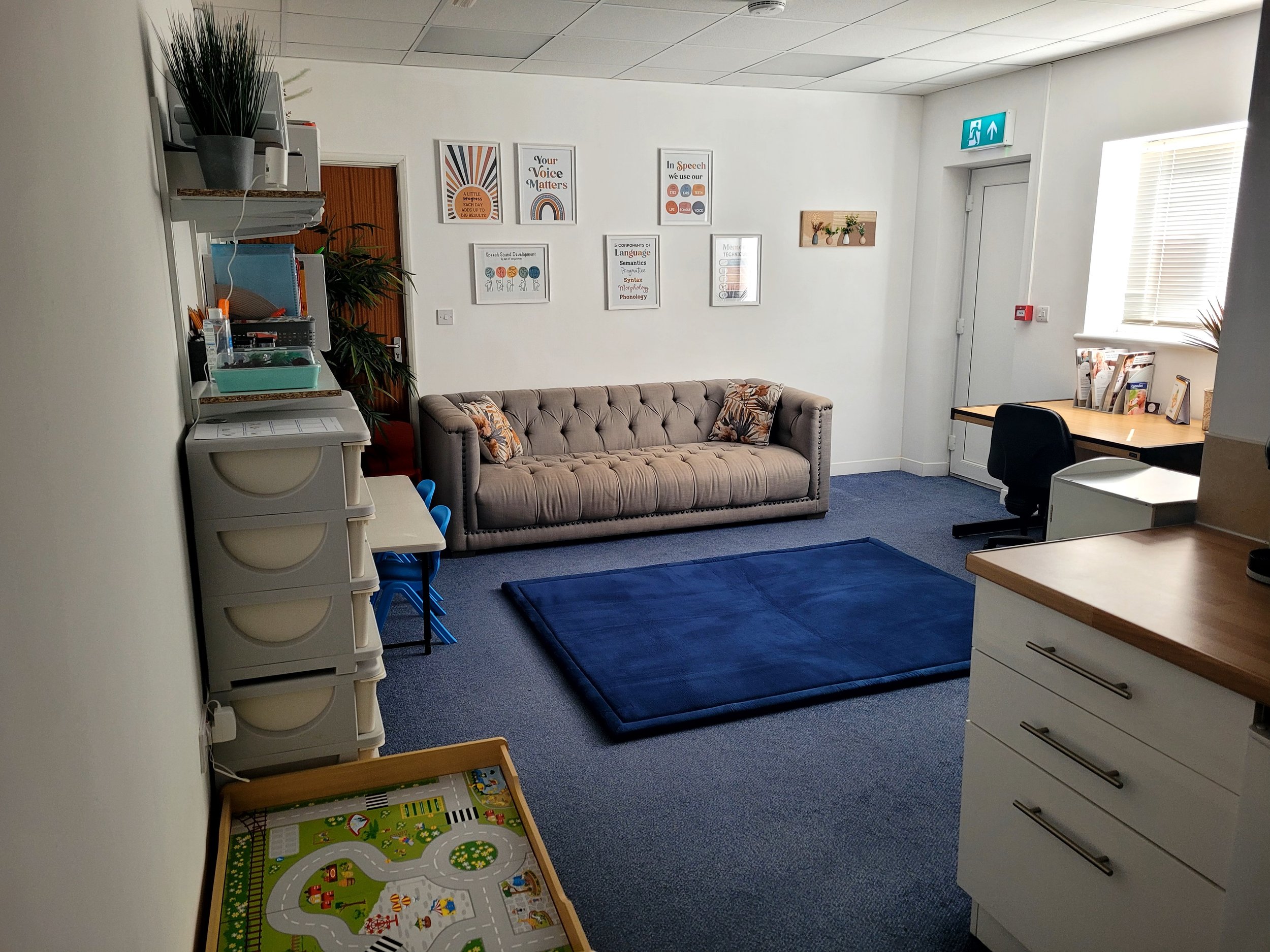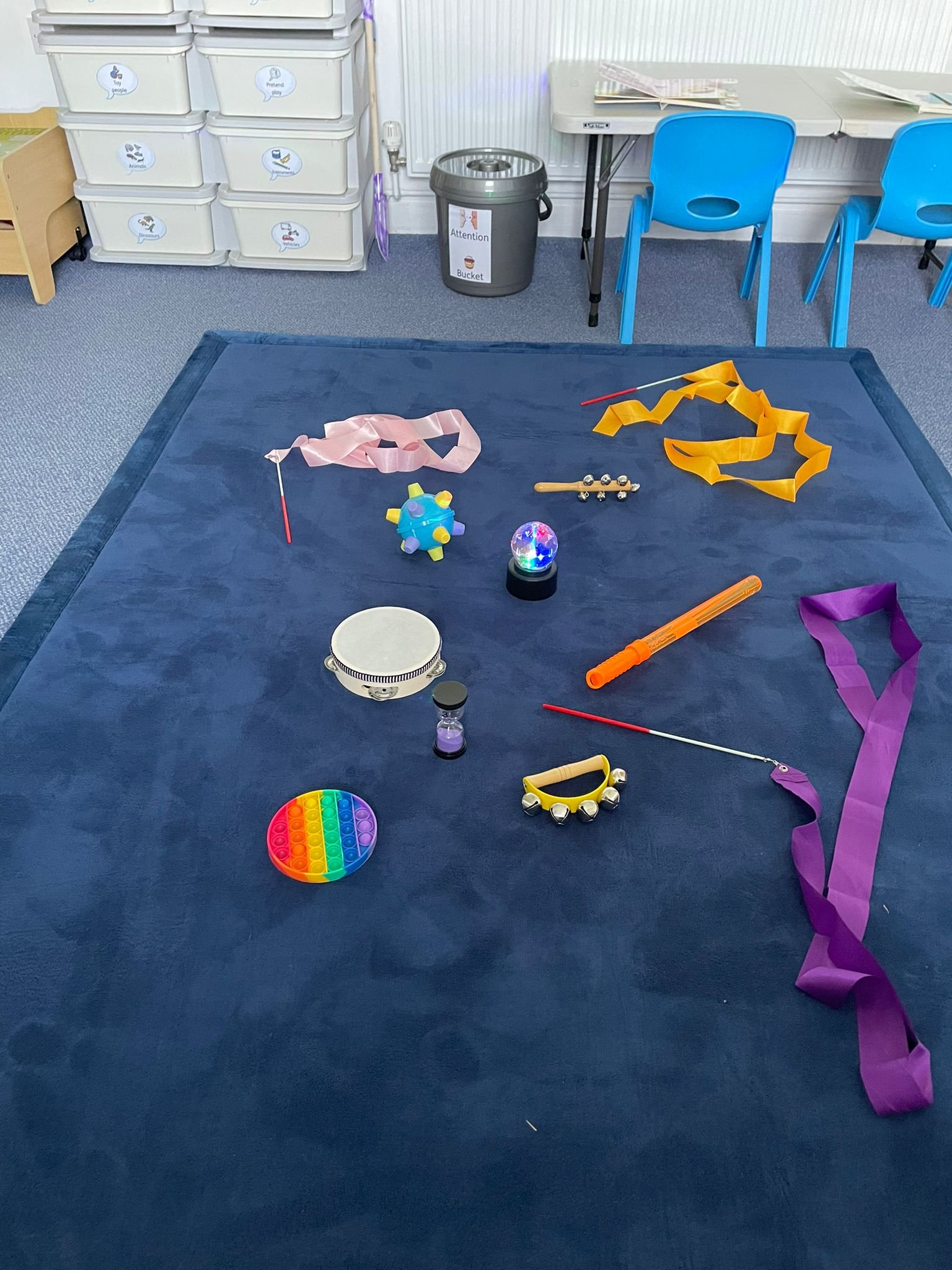
Dyslexia Assessment for Children & Adults
Dyslexia is a neurological condition that affects a person's ability to read, write, spell, and sometimes speak. It is not related to intelligence and is not caused by vision problems or a lack of education. Dyslexia is a lifelong condition, and individuals with dyslexia often face challenges in learning to read and write, but with the right support and strategies, they can be successful in these areas.
Complete the questionnaire below to assess whether you or someone you know, may display behaviours suggesting the presence of dyslexia.
What is Dyslexia?
Dyslexia Assessment
(from children aged 9 to adult)
£625
Includes:
Free consultation
Pre-screening questionnaires
Diagnostic Assessment
Comprehensive Feedback Meeting with lead clinician
Comprehensive Report
Recommendations and Resources
Dyscalculia Screening
(from children aged 9 to adult)
£350
Includes:
Free consultation
Pre-screening questionnaires
Screening Assessment
Comprehensive Feedback Meeting with lead clinician
Comprehensive Report
Recommendations and Resources
Dyslexia Indicators
Delayed Reading Development: Difficulty in learning to read at the expected age or significantly behind peers.
Difficulty with Phonological Awareness: Struggles with recognising and manipulating the sounds of spoken language, such as rhyming, blending sounds, or segmenting words.
Difficulty with Word Recognition: Frequent difficulty in recognising common sight words or decoding unfamiliar words.
Spelling Challenges: Poor spelling skills, often making consistent spelling errors.
Slow Reading Rate: Reading slowly and laboriously, with difficulty in achieving reading fluency.
Difficulty with Reading Comprehension: Struggles to understand or remember what has been read, even if the words were decoded correctly.
Reversing Letters or Numbers: Occasional or persistent letter or number reversals (e.g., confusing "b" and "d" or "6" and "9").
Letter and Sound Confusion: Confusion between similar-looking letters or sounds (e.g., "m" and "n" or "b" and "p").
Difficulty with Writing: Challenges in expressing thoughts in writing, including grammar and sentence structure issues.
Inconsistent Performance: Inconsistency in reading and spelling abilities; may do well on one occasion but struggle on another.
Avoidance of Reading: A strong dislike of reading or a tendency to avoid reading-related tasks.
Low Self-Esteem: Experiencing frustration, anxiety, or a decline in self-esteem due to ongoing reading and writing difficulties.
Family History: A family history of dyslexia or reading difficulties may increase the likelihood of an individual having dyslexia.
How can a Dyslexia Diagnosis help?
A dyslexia diagnosis can be immensely helpful in several ways, as it provides clarity and a foundation for understanding and addressing the challenges associated with dyslexia. Here's how a dyslexia diagnosis can be beneficial:
Identification and Understanding: A formal diagnosis helps identify dyslexia as the underlying cause of reading difficulties. It provides an explanation for the individual, their family, and educators, helping them understand the root of the challenges.
Tailored Interventions: With a clear diagnosis, educators and specialists can develop and implement targeted interventions and strategies to support the individual's unique needs. These interventions can include specialised reading programmes, assistive technology, and accommodations.
Early Intervention: Diagnosing dyslexia at an early age allows for timely intervention and support. Research has shown that early intervention is more effective in addressing reading difficulties and improving literacy skills.
Accommodations and Support: A dyslexia diagnosis can lead to the implementation of accommodations in educational settings, such as extended time for reading tasks, text-to-speech software, or the use of audiobooks. These accommodations level the playing field for individuals with dyslexia and allow them to reach their full potential.
Emotional Support: Understanding that their difficulties in reading are not due to lack of effort or intelligence but are associated with a specific learning difference can be emotionally empowering for individuals with dyslexia. It can boost self-esteem and reduce feelings of frustration and inadequacy.
Advocacy: A formal diagnosis can empower individuals and their families to advocate for their rights and needs in educational and workplace settings. It can help ensure that they receive the necessary support and accommodations to succeed.
Access to Resources: Many organisations, support groups, and resources are available for individuals with dyslexia and their families. A diagnosis can open the door to accessing these valuable resources and connecting with a supportive community.
Career Planning: With a diagnosis, individuals can make informed decisions about their education and career paths. They can explore fields and professions that align with their strengths and interests.
Legal Protections: In some countries, individuals with dyslexia may be eligible for legal protections and accommodations under disability laws in educational and workplace settings.
Research and Ongoing Support: A diagnosis contributes to ongoing research and understanding of dyslexia, potentially leading to advancements in diagnosis and treatment.
Reviews
Please leave us a review. Our feedback form takes just 90 seconds to complete and helps us as a service to learn, develop and provide feedback to our wonderful team.
About Linked Communication
Linked Communication offers a professional and friendly service where time and attention can be taken to ensure the service received is of the highest standard and there is minimal waiting time. Our specialist team will always take the time to provide expert advice so you are aware of all the pre-and post-diagnostic and therapy services available. Our clinics are suitable for children and adults, and based in Thanet and surrounding areas. We provide online or in-person therapy sessions.
![20230508_104943[38499].jpg](https://images.squarespace-cdn.com/content/v1/63c664ab1b441a413e31574a/e3254fbf-2cd3-453e-9b86-c20c486fd21f/20230508_104943%5B38499%5D.jpg)







Communication with a whole new meaning



